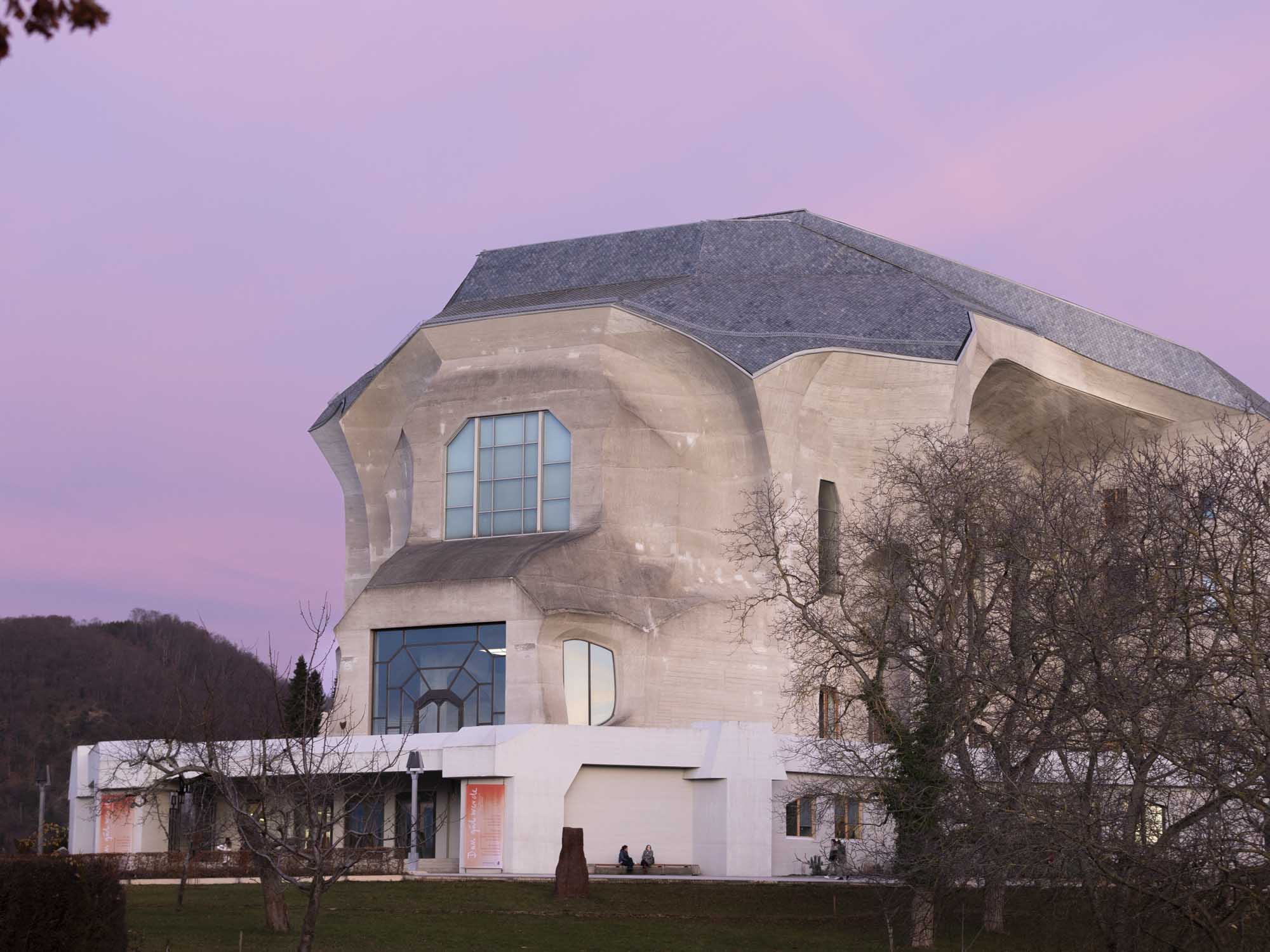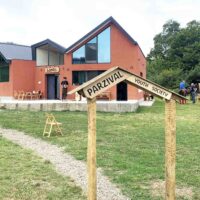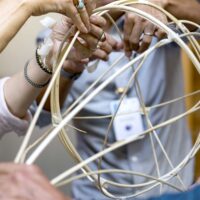In a series of talks about the impulses of the Christmas Conference of 1923/1924, Gerald Häfner opened his lecture (”The Problem with the Constitution of the Anthroposophical Society”) with the words that stand above the door to the School of Spiritual Science: “Oh human, know thyself.” We must fulfill this demand every day, personally and as a community, because it is out of communities that perspectives arise.
Anthroposophical knowledge can be formed in isolation, but as soon as it is to be applied, it becomes a social question. According to Häfner, this is why the social question, the question of how earth and heaven can be connected in communal activity, was so decisive for Rudolf Steiner in the last seven years of his life.
The aforementioned self-knowledge applies now, on the occasion of the 100th anniversary of the Christmas Conference, to the omissions and, above all, the tragedy of the founding moment of the Anthroposophical Society. The Society was a social innovation free of power because the members and the executive board were not superior or subordinate to one another but rather met on equal terms. Conversation took the place of directives; suggestion took the place of ordinance. Gerald Häfner surmises that this is not easy for us to understand because we’re not used to thinking that is free of power. “The person who carries out the office must have freedom, above all.”1 How else can they remain true to the task and their own conscience? Häfner said, “This requires an enormous amount of attentiveness, insight, and mutual knowledge as well as responsibility and trust on all sides.”
He then asked the audience to consider how far away we are from this today and how much we are falling back into a power struggle. Using the Corona crisis as an example, he emphasized how such power-free collaboration is necessary today. Acting in a way that corresponds to the situation requires freedom and conversation. He called what needs to be practiced here a culture of freedom and responsibility through conversation. The Anthroposophical Society could be a practice space for this sort of reciprocal motivation and mutual support. Unfortunately, the Society is still a long way from achieving this in the face of accusations among members and the formation of factions. The General Assemblies have sometimes developed into an arena for debate rather than a place for working together.
The free constitution of the Society stood opposite the establishment of the Building Administration [Bauverein], which was to handle the economic operations of the Goetheanum. With the Free School of Spiritual Science as the third part, Rudolf Steiner wanted an organically structured whole. Häfner described the unfortunate circumstances at the annual meeting of the Building Administration on February 8, 1925. Rudolf Steiner was unable to attend due to illness, and the meeting led to the decision by the Building Administration to change its name to the “General Anthroposophical Society.” This resulted in stricter statutes than those discussed in detail by Rudolf Steiner at the Christmas Conference. “The Anthroposophical Society needs an appropriate body,” says Häfner. An open working group is working on this at the Goetheanum, the results of which will then lead to an open process to create this body.
More at Goetheanum.tv
Translation Joshua Kelberman






Could you give me a brief profile of Haefner?
I want to translate and introduce this article to the newsletter of the Anthroposophical Society in Tokyo Japan. I watched the G.TV for the original talk by Haefner. I know him, but I do not know his profile.
Thank you for your question! I’m sorry about my late response.
You can find a short biography and also contact details on the website of the social science section: https://social.goetheanum.ch/en/about-us#our-team